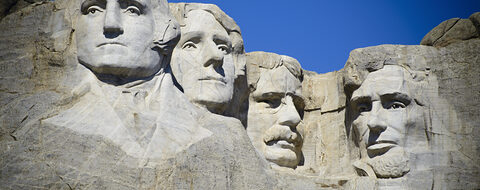

What follows refers to Hayek’s political attitudes, not to his contributions to economic science. The American academic world, however, deemed none of this sufficient for them to be accorded the kind of positions to which they were clearly entitled.50 They, and in particular Mises, were also responsible to a greater degree than is generally appreciated for the upsurge of the free-market philosophy in the second half of the century.51 But since the views of the two great men are so often amalgamated, it should be emphasized that not only did they differ to an extent on economic theory (Salerno 1993 see also Kirzner 1992c: 119–36), but, more pertinently to the theme of this essay, they exhibited a sharp distinction in the degree of their liberalism.

Hayek, the links between liberalism and the Austrian School become intense and pervasive, since these two scholars were themselves at once the outstanding Austrian economists and the most distinguished liberal thinkers of the twentieth century. “Mises and Hayek Beginning with Ludwig von Mises and F.A.


 0 kommentar(er)
0 kommentar(er)
